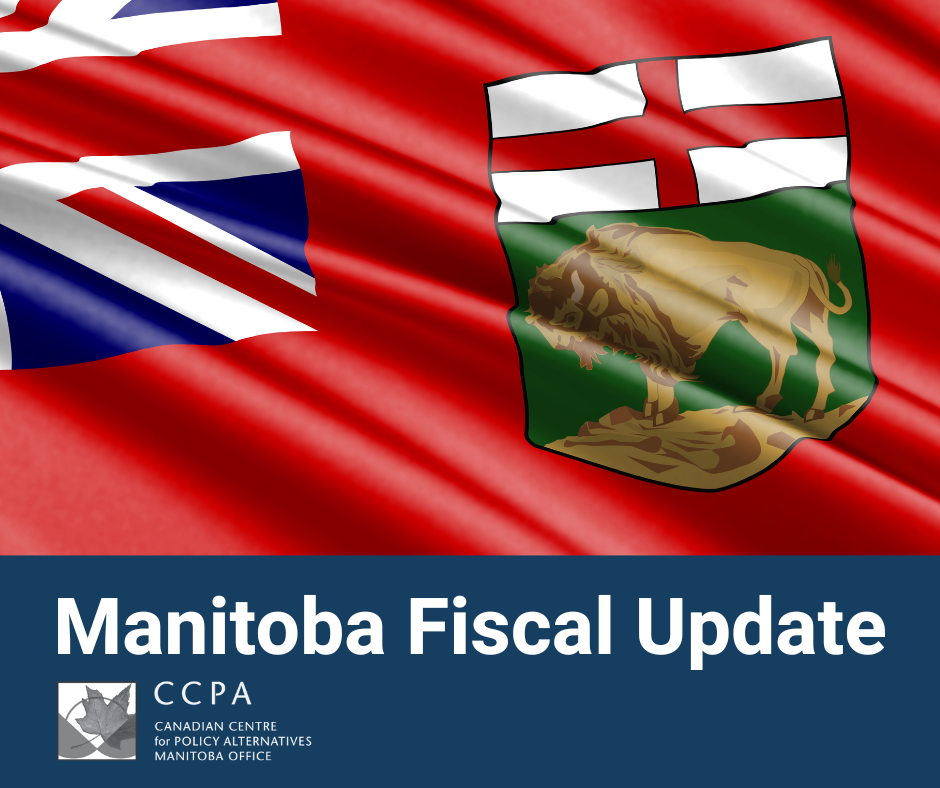Our content is fiercely open source and we never paywall our website. The support of our community makes this possible.
Make a donation of $60 or more and receive The Monitor magazine for one full year and a donation receipt for the full amount of your gift.
One of the common complaints about elections is that they cost money (and therefore we should have fewer of them). The last two federal elections cost around $270 million (incidentally a little less than the additional amount it would have taken for the government to meet the NDP’s GIS demands for seniors). But as with any money that is spent (instead of burned) that $270 million goes somewhere. In contrast to other recent examples of government spending, much of it likely ends up employing people in Canada.
Tax cuts for instance are just as likely to be saved as spent. Corporate tax cuts are mostly ending up in higher profits instead of higher productivity. Buying fighter jets from the US is creating high tech jobs someplace, just not in Canada (despite some offset credits). In an election, there is a fairly strong incentive to spend campaign money (if you want to win, that is). The things that that money is being spent on are not high tech gadgets from the US. Instead, they are much more Canadian items like employing people to work in campaign offices, getting the local printer to make up signs and renting the local hotel for a function.
Given the amount spent on corporate tax cuts and proposed for fighter jets, the election may be the most job creating program since the end of the “Economic Action Plan.”


